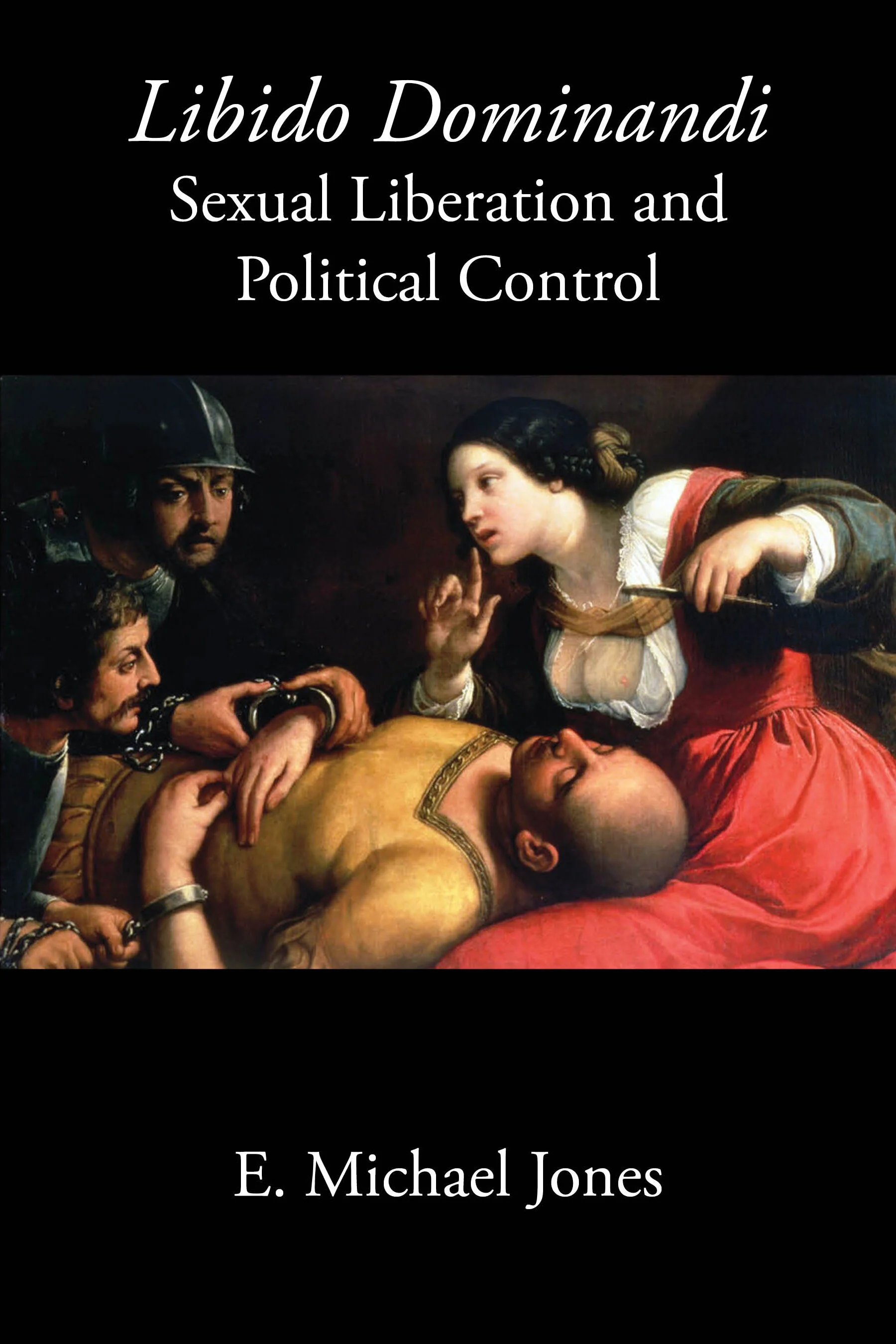The Beatific Vision
/THE BEATIFIC VISION:
THE ULTIMATE ACT OF CONTEMPLATION
The Dangers of Beauty: the Conflict Between Mimesis and
Concupiscence in the Fine Arts by E. Michael Jones
(South Bend, IN: Fidelity Press, 2022), ISBN 978-0-929891-29-3
God is a pure spirit infinite in all perfections. One of those perfections is beauty. The beauty of God seems to get less attention than it deserves compared to, say, mercy, forgiveness and compassion. Perhaps beauty is not considered to be as essential to salvation as the divine mercy and yet beauty is by definition what we are striving for since the final reward of Christian endeavor is the beatific vision (called by Jones on p. 36 “the ultimate act of contemplation”). Beatitude means bliss and bliss is what happens to the human heart upon beholding the beauty of God.
There are trends over time in the themes that theologians choose to emphasize. Their mood spills out onto the hierarchy and the parish priest and from him trickles down to the individual Catholic. Since the Second Vatican Council, there has been considerable emphasis on the divine mercy, in some cases to the exclusion of other divine attributes, such as justice, holiness and omnipotence, to name a few. Although it is not possible to exaggerate the extent of the divine mercy, it is possible to misunderstand its implications and how it is obtained by human beings. Around the beginning of the Second Vatican Council, Pope John XXIII stated that he wished to administer “the medicine of mercy” rather than severity to the faithful, as if this were a new idea. His phraseology caused a number of misunderstandings. For example, people were led to believe that the Catholic Church had previously been cruel but now was going to be kind. They were also given a false impression that the divine mercy can be received passively, without effort, without asking, and, worst of all, without repentance.
Along these lines, one divine attribute that has become taboo is that of wrath. Yet we know from the Old Testament, the teachings of Christ and the experience of history that there is such a thing as divine wrath. It is ignited by stubborn depravity on the part of people who should know better. It is appeased by repentance. Although the wrath of God does not and cannot mean that God ever experiences sinful anger, as we do – for He exists in perfect peace -- yet it is a biblical concept that should not be dismissed. Strictly speaking, the wrath is in us and not in God, but it is still legitimate to describe the result of the hardened iniquity that alienates souls and nations from the divine mercy as “the wrath of God.” It is something that God permits us to inflict on ourselves because He chooses not to violate our free will. Current western culture, including much of what is passed off as art, is so toxic as to be interpretable as an example of the divine wrath.
Perhaps theologians and parish priests avoid the topic of the divine wrath because they see it as being incompatible with the divine mercy. However, their assessment is wrong. The divine mercy and the divine wrath come from the one true God who loves righteousness and hates iniquity. The characterization of God as inevitably merciful without context or qualification is something that cannot be reconciled with the Gospel. Christ as teacher often dealt in contrasts, knowing that contrast makes a strong appeal to the human intellect. The one-sided approach (tell them only what they want to hear) leads to a spiritual disease known as “acedia,” which causes even baptised persons to become bored with spiritual themes. They get tired of hearing that God loves them because they do not know who God is and do not realize that to reject Him is to incur eternal damnation.
Although it is easy to understand the mistake of ignoring divine attributes that appear negative to modern man, it is not so easy to understand the mistake of downplaying the divine beauty. Maybe it is because beauty is a transcendental that surpasses human reason unaided by supernatural grace. In other words, it is hard to imagine. Fortunately, E. Michael Jones has contributed greatly to the consideration of the divine beauty and how crucial it is to Christian life in his book The Dangers of Beauty: The Conflict Between Mimesis and Concupiscence in the Fine Arts.
The first thing that strikes you about the hard-cover book is..
[…] This is just an excerpt from the July-Aug 2023 Issue of Culture Wars magazine. To read the full article, please purchase a digital download of the magazine, or become a subscriber!
Articles:
Culture of Death Watch
The Life and Times of Jerry Springer by Dr. James F. Tracy








